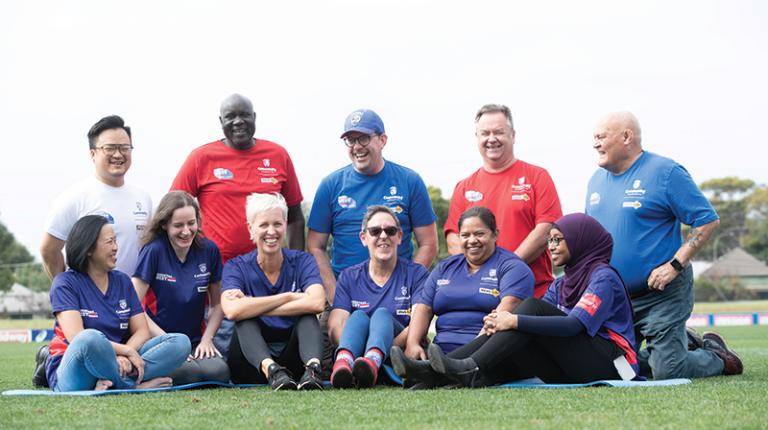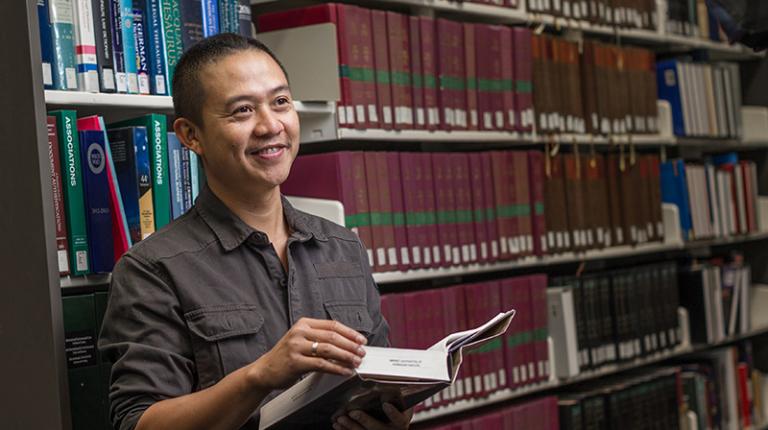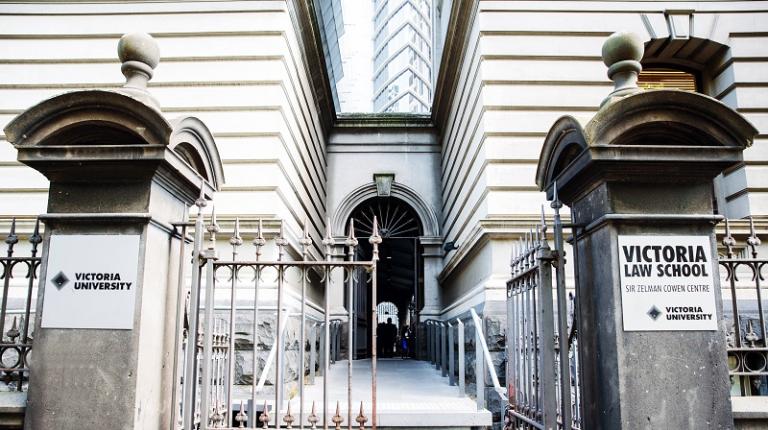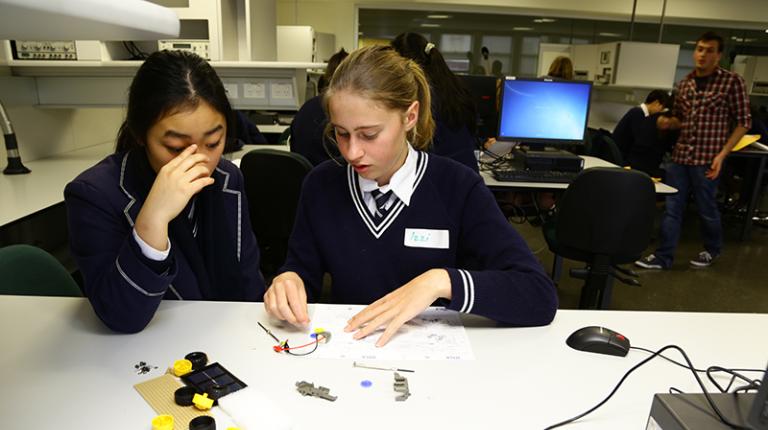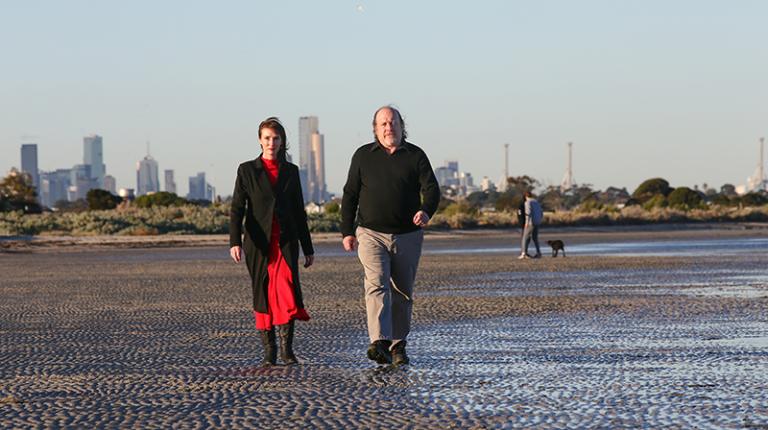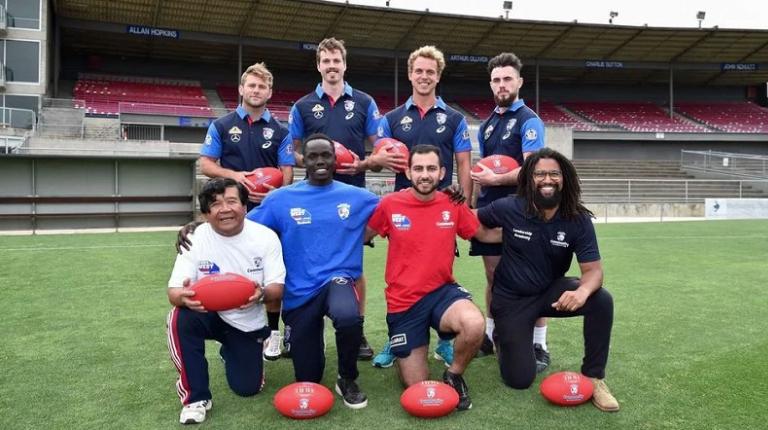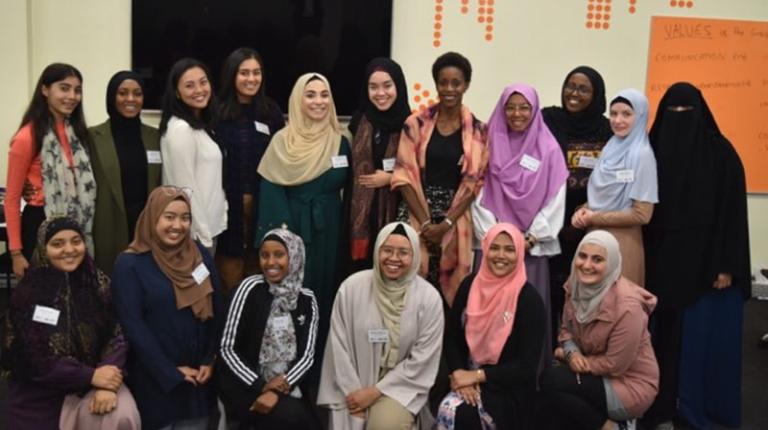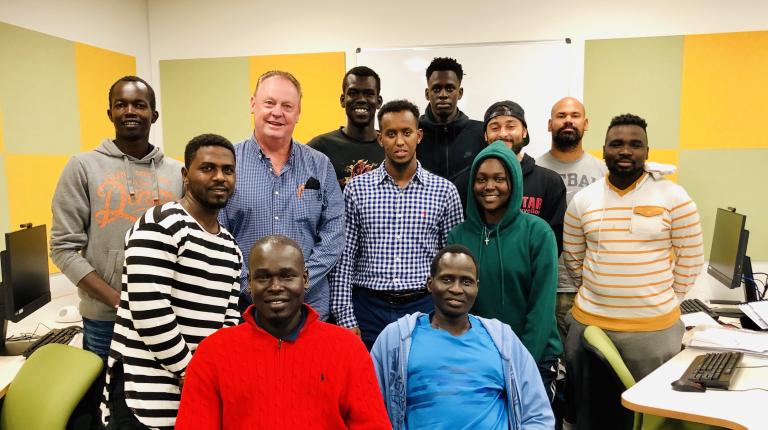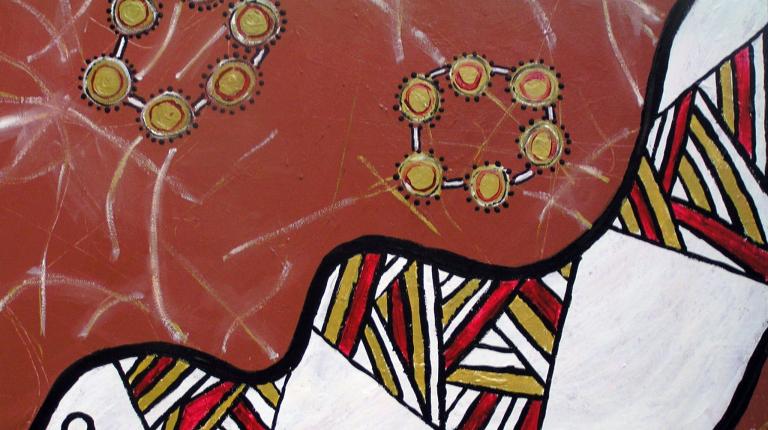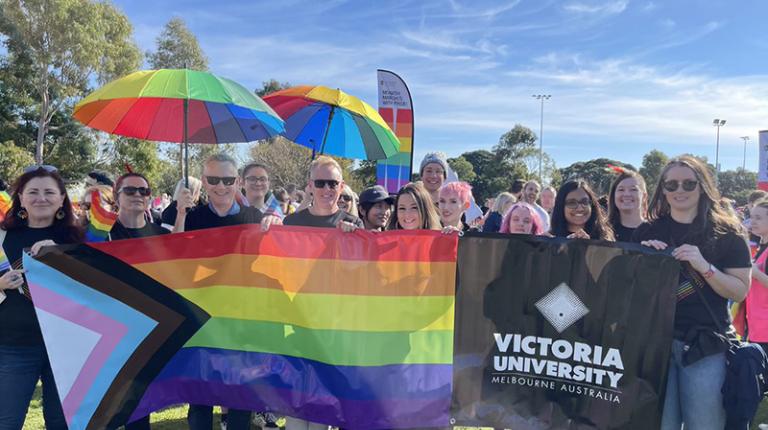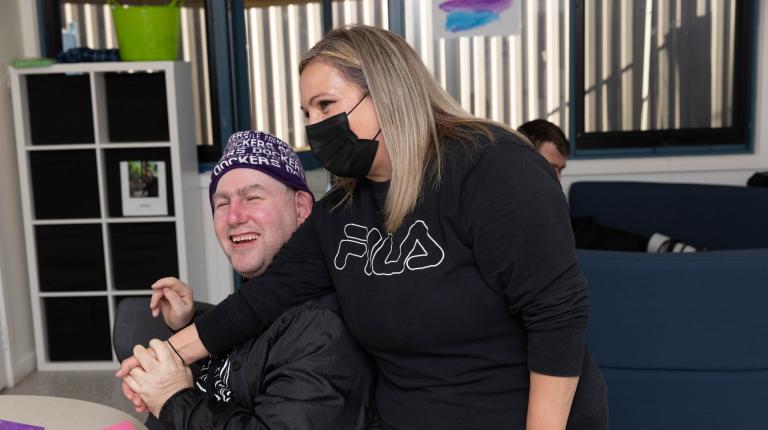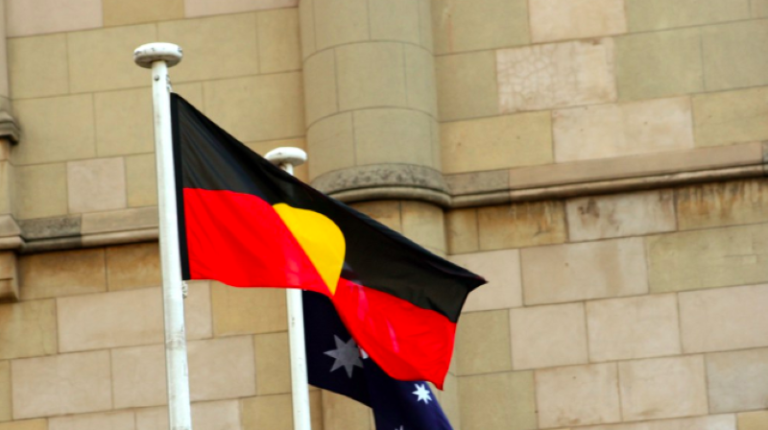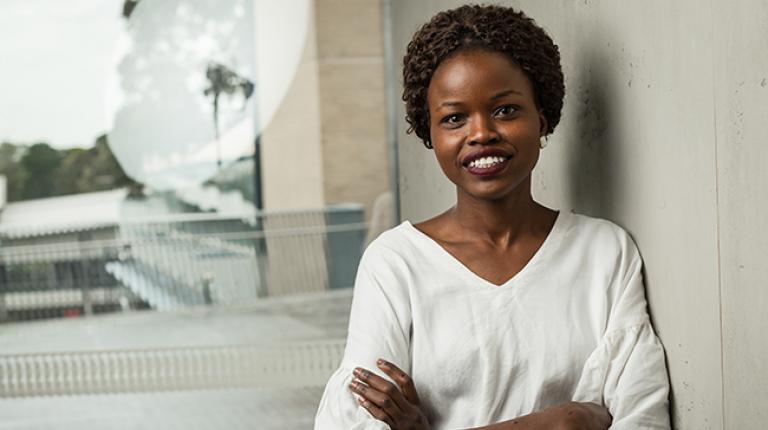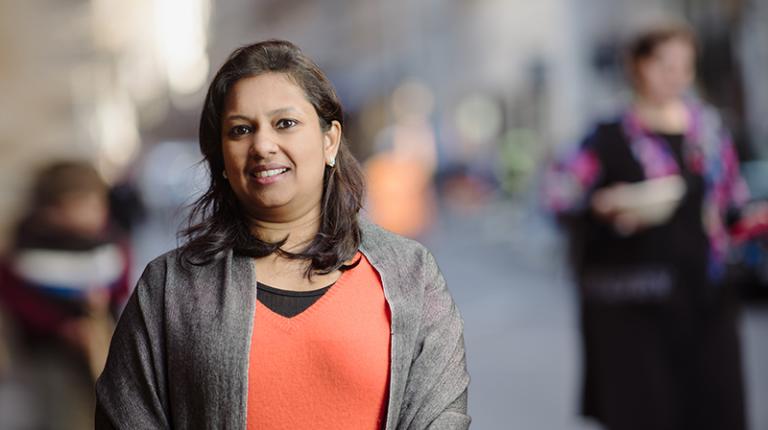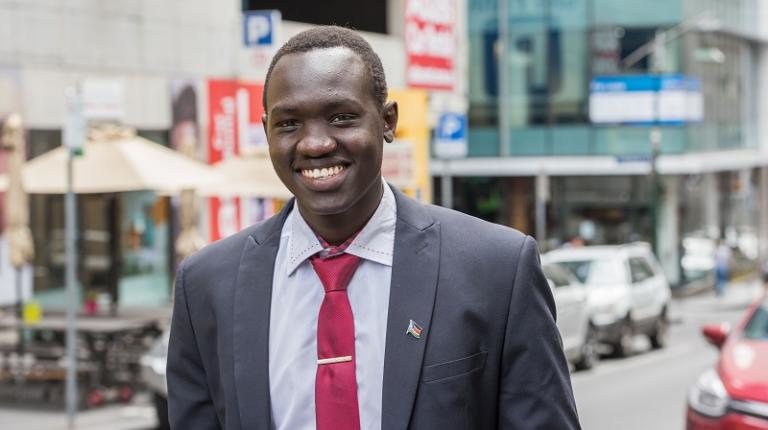Professor Debra Smith leads the Preventing and Countering Violent Extremism research group. Professor Smith was co-author of the introductory article for a special issue of the Journal of Policing, Intelligence and Counter Terrorism. The article outlines how the role of academics in assisting security agencies has changed over time in response to new threats; and summarises how each of the six articles in the special issue shows academics and practitioners their contributions to national security. Members of the research team authored Our diggers would turn in their graves to examine how right-wing extremist groups hijack the messaging of ANZAC commemorations to validate a white-supremacist agenda, and promote an idea of national identity that seeks to exclude Muslim peoples.
Dr Mario Peucker of the Preventing and Countering Violent Extremism research group looked at how Islamophobia can motivate social and political activitism for some members of the Muslim community in ‘You are essentially forced into being an activist’. He joined other researchers focused on countering violent extremism to review Far-Right Activity on Gab in Australia. Gab is a fringe social media platform that hosts the views of far-right extremist communities. In 2021, following the 6 January storming of the US Capitol building, a record numbers of far-right communities, that had been banned on Twitter and Facebook, moved to the platform. The review sought to identify what role Gab plays in advancing far-right views in Australia.
Amber Hart examines Campion’s framework for Right-Wing Waves, based on Australian context, and concludes that these waves of right wing activity are also found internationally. The paper concludes that the extreme right is on the cusp of the next wave and discusses trends that may inform those in a position to counteract the forthcoming wave of activity.
Christopher Sonn is a community psychologist who focuses on how racial groups affirm their culture and histories in the face of the structural racism and violence of colonial societies. Professor Sonn and VU researchers contributed several works examining how people from the African-Diaspora affirm their cultural identities as a resistance to systemic racism:
Professor Sonn joined VU researchers Alison Baker and Rama Agung-Igusti to contribute a chapter on Promoting Epistemic Justice: Community Arts, Identity and Belonging Among African Diaspora in Australia for the book, Decoloniality and Epistemic Justice in Contemporary Community Psychology.
Professor Sonn and Rama Agung-Igusti joined practitioners to examine Colour Between the Lines, a self-determined initiative comprising a collective of five creative practitioners from the African diaspora. The collective offers an example of the creation of alternative settings as a resistance to structural violence, that are important for affirming culture and histories, and for providing opportunities for a sense of community, consciousness raising, and constructing new and alternative narratives to those that pervade dominant cultural contexts.
He joined VU researcher, Christina Maxwell to show how theatre creates spaces for a counter narrative in The Performative is Political. They interviewed audience members who self-identified as white to establish how they interpreted the performance and how the performance helped them challenge their assumptions about white racial identities.
Professor Bill Swannie specialises in human rights and the law. Professor Swannie contributed the chapter, Rights, liberties and restrictions for a book on Australian Constitutional Law and Government, an accessible guide to constitutional law. In the article Corrective Justice and Redress under Australia’s Racial Vilification Laws, he argues that the procedures are restrictive in requiring a conciliation in all instances and may inflate costs for the complainant. Mr Swannie examined whether speaking back provides a sufficient response to hate speech. He contends that by itself speaking back does not provide adequate redress to targets of vilification. The protective legislation operates to preserve the dignity and wellbeing of groups targeted by racial vilification, and to authoritatively affirm that public acts of racial vilification are not acceptable.





